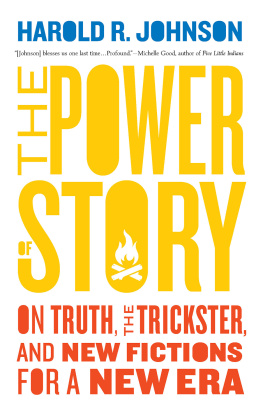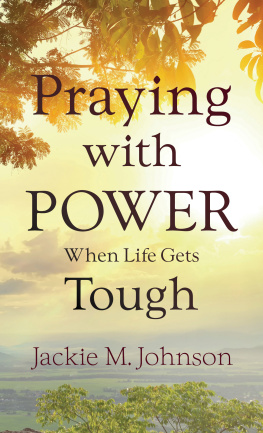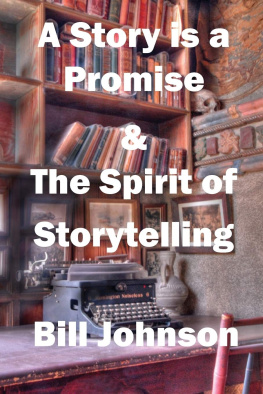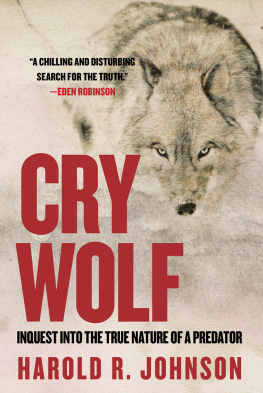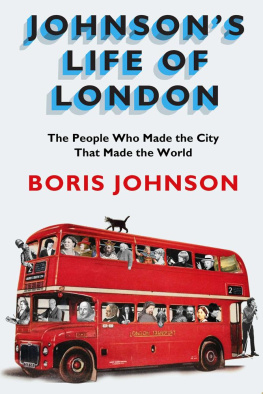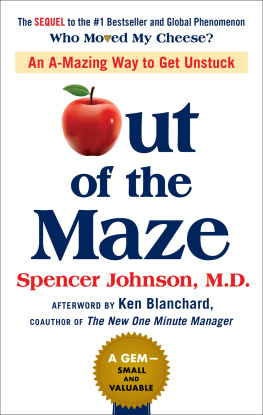Books By Harold R. Johnson
Harold passed away February 9, 2022, a couple of weeks after completing the substantive edits for this book. My husband was a brilliant man and gifted storyteller. His last words are powerful and are dedicated to all peoples. He encourages us to think about where we came from and the future we choose. We have the ability to change our story.
Foreword
Sometime in the last few years, Harold asked me if I would review one of his manuscript drafts. We were open and honest with each otherHarold, because he was with everyone. Me, because I was so with him. In my review of the draft, I found some language or logic troubling. In communicating my thoughts I drafted and re-drafted them and even considered not sending them. In the end, I communicated as we do: frankly, but in this instance worrying that I had overstepped a boundary or that he might react in a way which would change our relationship. He wrote back and was generous in his response, thanking me and acknowledging that writers references are era specific and that someday he would be taken to task for his ideas and language aging outbut this was not that day. The pragmatism and elemental truth in that struck me and sits with me today as I read his last work.
Part of me wants to cherish it and treat it as precious. Part of me wants to read it as Harold would read our work: kindly critical + critically kind. There is a line early in ThePower of Story where he writes about working too hard and not taking enough time: I spent too much time working and not enough time with my family. In real terms I would have been much richer if I had not pursued economic wealth over mental, emotional, and spiritual wealth. It is not remorseful, but a kind gift. I want to text him. Call him or write him and let him know that he couldnt be this writer if he had not been so hard-working. But, he knew what he was saying and said what he meant. He wouldnt need me to soothe or caretake him.
He said what he meant. At the time that he wrote his work, it was Harolds truth. Having read his fiction, and seen the crossover between life and the living, in my experience as a lawyer, critic of law schools and the Canadian legal system, and creative thinker, I find myself nodding often with his work. Also, I find myself shaking my head and arguing with himboth prospects I think would make his eyes twinkle. Making us think and feel is a rich gift that I am thankful he left us, on and off the page.
When we were both youngishI traveled to Cambridge to visit friends. They were having a writing group gathering on the night I visited them. Harold was there. We all read from our work and Harold told us what he was inspired by and reading. He was a true believer in the understanding that we could learn something from everyone. It wasnt the written word alone that he cherished; he loved people and their language, their silence, and their thoughtfulness. He could sit and enjoy your company or your silence because he was deeply engaged in experiencing, enjoyingliving. In this work, Harold is fully engaged with the richness of living and life. In reading this, I am aware that time was running as he was writingbut he is as ever patient and involved with us not just as readers, but as fellow storytellers. There is such optimism and love in his logicit thrums with the heartbeat of a writer who cares deeply about the stories we tell. He is not so egocentric as to be enchanted by his own voice. In this work, he opens the door to young, old, women, two-spirited peoples and all animate nations (winged, gilled, spectacular, natural) as housing the means to care for the planet, each other and our selves.
Part of his gift was normalizing fantastic. Being able to imagine made it possible to do and be. At one point in our careers we both lived in Saskatoon. We were both asked to read / perform for an audience at the Broadway Theatre. Harold read from what I think was to become Billy Tinker. My memory is of a shy, quiet, confident voice coming from him. It was surprising in some measure, because he was so smartly engaged with critique and discussion of Canadian law and its potential (for harm and good) that hearing him as a fiction writer was a moment I remember. To have been able to work up north, led a camp life, toiled for the navy, gone to law school and be a creative writer seemed so nearly impossible. Nearly impossible, though, was the space from which he lovelaboured, I think. What seemed common trajectories: legal thinker writing a treatise on treaties (Two Families: Treaties and Government) and a creative writer publishing a work of fiction a year later (Charlie Muskrat) was rare enough. Later in his career, he would be called genre-bending (Clifford), border-crossing (The Bjorkan Sagas) and a creative philosopher (Cry Wolf) as his voice became strongly identifiable and home to crossover between stories as fact and truth and fiction. Award nominated and winning, Harolds later publications were celebrated because of the strength of his voice and the commitment to the accessibility of story. Both Firewater and Peace and Good Order: The Case for Indigenous Justice in Canada stand out because they are passionate, intellectually accessible, and stories that need to be told.
In this work (and I am having a hard time writing final), Harold emphasizes and expands upon the ideas he teased out most notably in Firewater: we are the stories we tell and we become the stories we tell ourselves. The occasion is a multi-cultural and multi-faith gathering at his and his partner Joans home, where the dock sits on the spot where lake meets river. In this way, we are introduced to what is a really welcoming and warm narrative about the places held and created by story and the work and possible worlds of storytelling. Within it, he sees the gathering of people from different and differing backgrounds as a chance for humanityand as a reader (almost as a listener) we are introduced into the scope and possibility of story that he gifts us.
Conversationally, Harold tells us of the violent removal of his people from the Prince Albert National Park when his mom was twelve years old and he reminds us that survival and survivance are not wholly dependent upon physical labourbut also upon our capacity to remember, create, and share stories. There is less dogma and more space devoted to creation and creatively developing, reframing and altering the stories that we tell. At the start and at the end he relies upon our smartest selves to interpret the stories he has written about Trickster / Older Brother, Wisahkicahk. Grounding his time around the fire, weaving stories and braiding experience, potential truths, and possible worlds, he begins to lead listeners / readers through the beauty that stories can create and reveal and the devastation and destruction that stories can result in and perpetuate.

